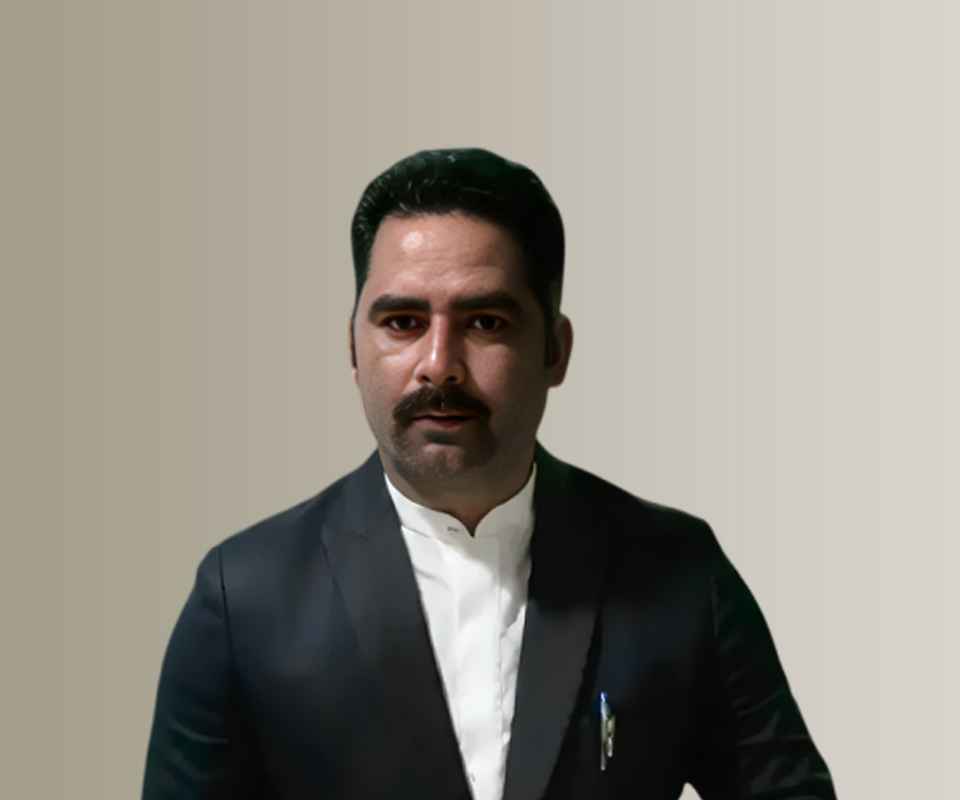Answer By law4u team
Yes, a woman can seek compensation for mental torture under Indian law. Mental torture, often referred to as mental cruelty, is recognized as a ground for seeking relief in cases of domestic violence, divorce, and other legal matters. Here are some avenues through which a woman can seek compensation: Domestic Violence Act, 2005 (The Protection of Women from Domestic Violence Act): Under this Act, a woman who is subjected to mental cruelty or torture by her partner or family members can seek relief. This includes compensation for the physical and mental suffering caused by the abuse. The woman can seek compensation for medical expenses, loss of earnings, and mental trauma. Divorce Cases: In a divorce proceeding, mental cruelty can be grounds for seeking a divorce. If a woman can prove that she has undergone mental torture due to her spouse's behavior, she may be entitled to compensation. The court may award financial relief or alimony as part of the divorce settlement, depending on the circumstances. Compensation under the Indian Penal Code (IPC): If mental torture is accompanied by criminal acts (such as harassment, threats, or intimidation), a woman can file a criminal case against the perpetrator. The court can impose fines or sentences that may also indirectly lead to compensation for the victim. Tort Law: A woman can file a civil suit under tort law for mental harassment, claiming compensation for the harm caused by the mental torture. The compensation would depend on the degree of harm and distress caused. Maintenance under Section 125 of CrPC: In cases where a woman is financially dependent on her husband or partner and is subjected to mental cruelty, she can seek maintenance under Section 125 of the Criminal Procedure Code (CrPC), which provides relief to women in distress. Compensation for mental torture is awarded based on the severity of the cruelty or torture, the emotional and psychological distress experienced, and the overall impact on the woman's life. Courts typically consider evidence such as medical records, testimony, and other factors when determining the amount of compensation.









